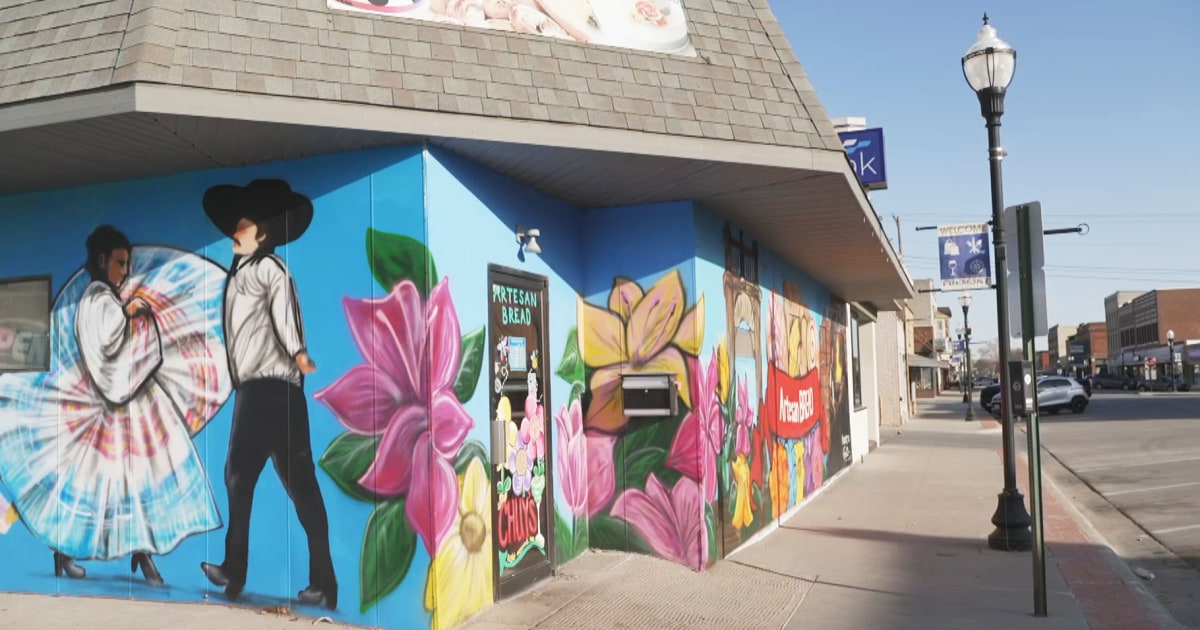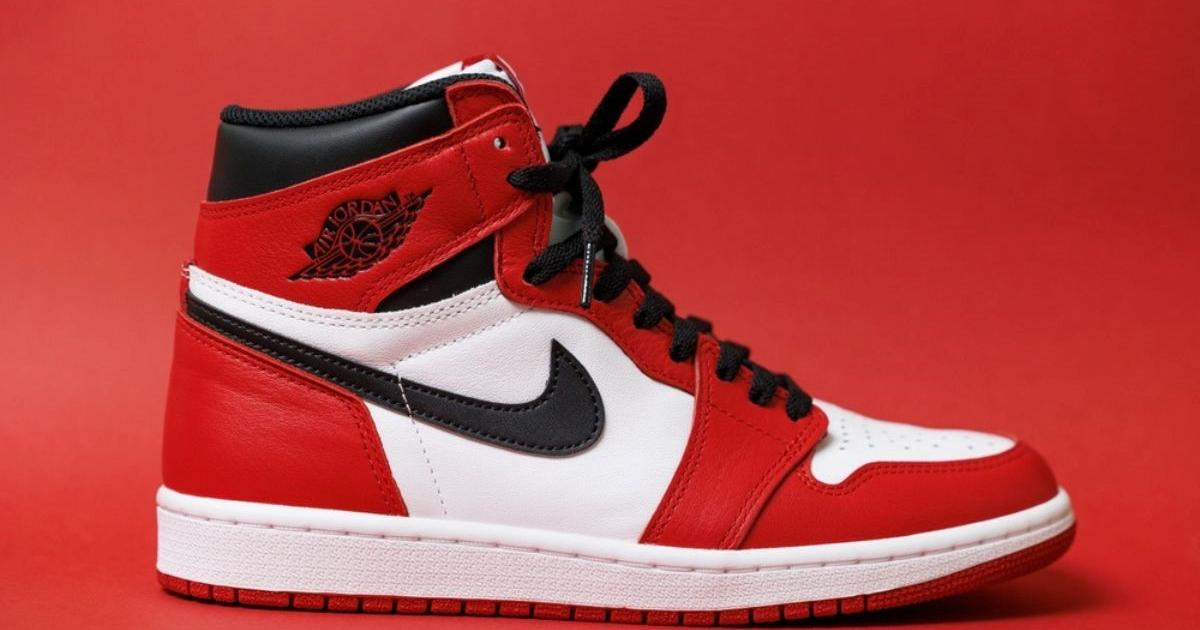The digital revolution reached the Cuilco river basin, in southern Guatemala, at the hands of Meylin Chun Gómez.
And in the middle of a pandemic.
This 24-year-old young farmer quit her job as a computer teacher to plow the land and wait patiently for its fruits.
Chili peppers, peppers, jalapeños, cauliflower and a long list of vegetables come out year after year from his farms, the sale of which produces triple the benefits of his previous job as a teacher.
This year, however, the confinement forced her and the more than 100 farmers who also work in the fields, to find a plan b: to sell through social networks.
The challenge was to make the elderly learn to create a Facebook profile, "upload" their products to the web and collect orders through chat.
"The peasants used some
beans
of cell phones.
And suddenly we have become Glovo's delivery men throughout the area, ”Chun jokes during his break on the phone.
More than half a year later, these farmers bill 40% more than before the pandemic.
What began as a patch is today a profitable alternative that is here to stay.
There are 'two guatemalas' and this is the one that does not eat
Latin America will have to wait at least until 2023 to regain its pre-pandemic GDP level
Most of the farmers provided the children's kitchens in the area, but with the coronavirus crisis, schools closed and with them the livelihood of a hundred families.
And in mid-March, they were faced with a large collection of premium produce with no one to sell it to.
They tried everything: export it, trade with it in the markets that were still open or wait for everything to happen and dispatch them on the street ... Being such careful products, prices were not competitive in any of these scenarios and street sales were not would recover until months later.
Therefore, the idea of
online
sales
seemed the only way out.
Although the elders did not quite see it clearly.
"No one was familiar with social media or virtual ordering," explains Chun.
That is why she started taking care of the profiles of others.
He took photos of the products, wrote down in a notebook the price at which each farmer wanted to sell them and put it on the web with their contact number.
"It was the only way to help my community," he says.
Later, the work accumulated and he had no choice but to delegate that responsibility to the children of the peasants.
“I sat down with them and asked them to help their parents to update themselves on this technology.
I told them that the cell phone was going to become their new machete, ”the young woman recalls.
Currently, Chun is the president of the farmers' association that was founded in the wake of the pandemic and its members - aged between 30 and 65 - use social networks on their own.
The ravages of the pandemic - which so far has left more than 3,600 deaths and nearly 98,000 infections - shook a country that was already experiencing difficulties.
23.4% of the population was extremely poor and could not cover the cost of a basic food basket to ensure a minimum of calories, according to the latest report from the National Institute of Statistics.
In a country where more than half of the workforce has an informal job, the closure of the street made the situation even worse.
In fact, the Cuilco river basin was already part of an economic reactivation project promoted by the Food and Agriculture Organization of the United Nations (FAO), the United Nations Development Program (UNDP) and the Pan American Organization of Health (PAHO), with financing from the Government of Sweden.
Norma Pérez Ixchop, the project director, celebrates the resilience of farmers: “It is very exciting to see how they have boosted the economy and organized themselves so that the coronavirus does not reverse all the progress we had.
We were doing very well… ”, he says.
The program started in 2016 and ends in March 2021.
“The peasants used cell phone 'beans'.
And suddenly we have become Glovo delivery men throughout the area ”, Chun jokes
“Place your order!
Next delivery Friday ... Fresh products, 100% Tejutlecos.
Home delivery without surcharge ”, says one of the messages - which also includes a table with the offer and prices - uploaded to the page of the farmer group.
The process was gradual.
They started buying some neighbors and friends and with word of mouth the network was growing: "People have got used to it and they have realized that our vegetables taste much better and are of higher quality", says Walter Domingo Tomás, farmer and a member of the association, "In addition, it is much more comfortable for them to bring it home, they no longer want to go to the market."
All the memories of Tomás, 30, are linked to agriculture.
He acknowledges that virtual sales "has changed his life": "This is an opportunity that can even go beyond the municipal or departmental level.
I have a veterinarian and I take the opportunity to upload those products as well.
And I'm doing well ”, he explains.
The next goal is not to neglect sourcing physical businesses.
“Since they start to open we will try to combine both businesses.
Very complex times are coming and we have to look for solutions.
Either way".
FUTURE PLANET can follow on
,
and
, and subscribe
here
to our 'newsletter'
.


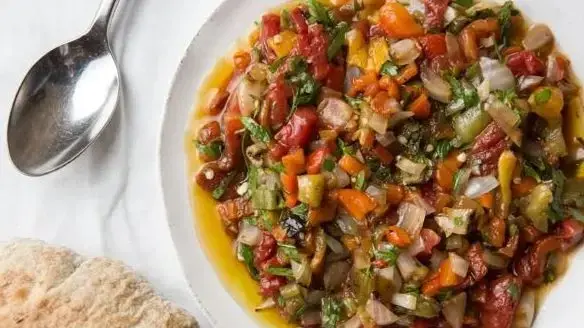
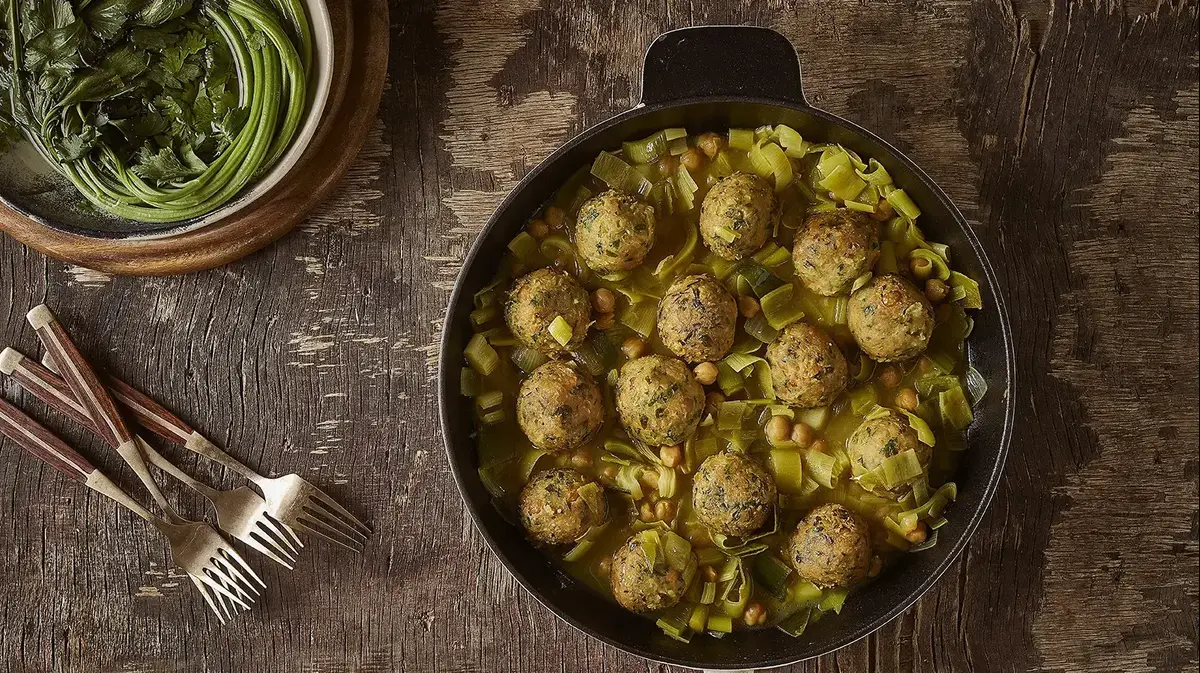
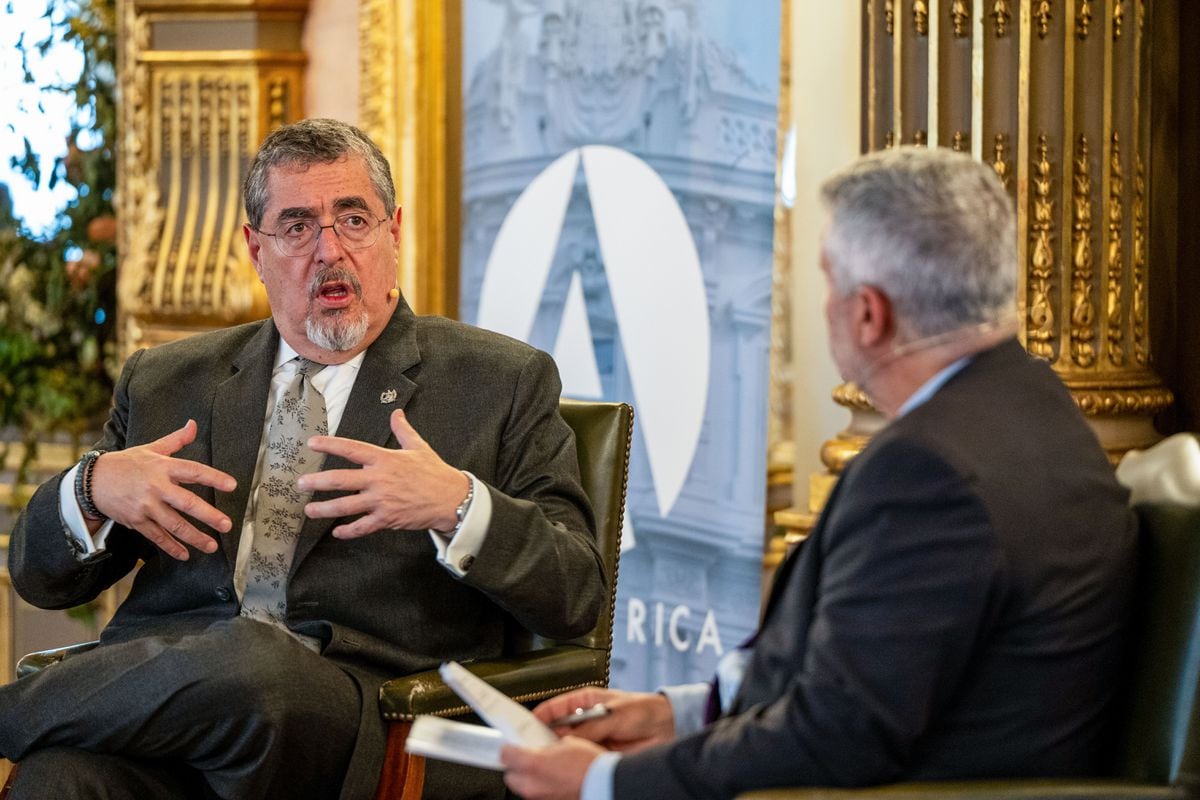
/cloudfront-eu-central-1.images.arcpublishing.com/prisa/XBP3AZOSBBHAFD4X776DBYRKXU.jpg)


